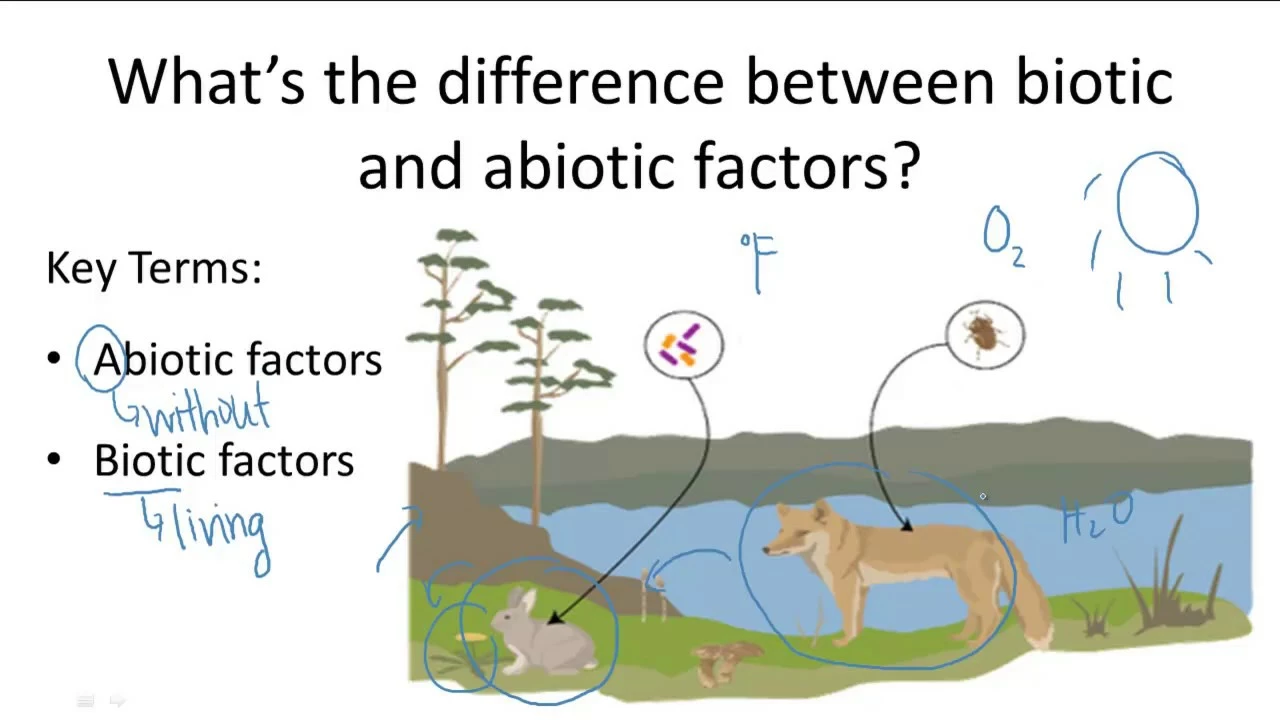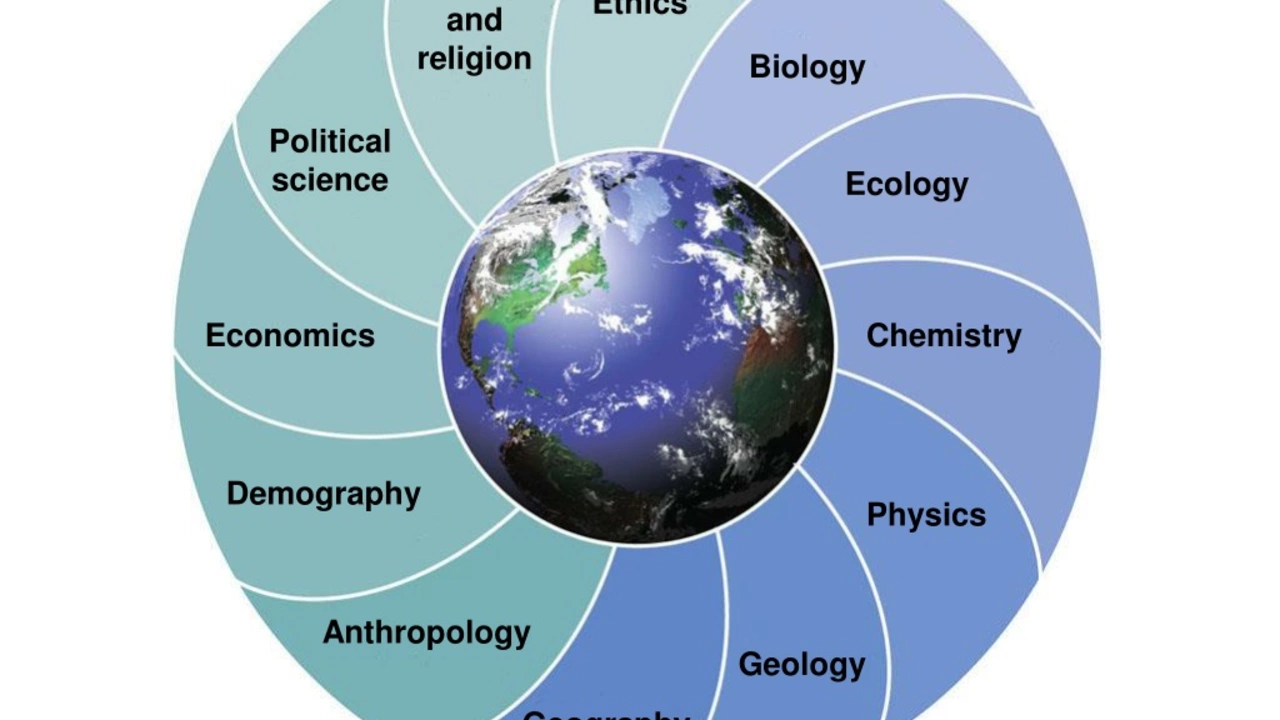Category: Environmental Science
What are examples of abiotic factors?
In the world of ecology, abiotic factors are non-living conditions that can affect the living organisms in an environment. These include elements like temperature, sunlight, soil, and water. For instance, temperature and sunlight can influence the growth of plants, while the soil type can determine the kind of vegetation in a certain area. Available water, be it in a lake or as humidity in the air, also plays a key role in the survival of organisms. So, abiotic factors are essentially the stage setting for the drama of life to unfold.
MoreWhat are the significance of the different types of ecology?
Understanding the significance of different types of ecology is key to grasping the intricate relationships within our environment. Population ecology studies how species populations interact within their environment, helping us create sustainable practices. Community ecology explores how various species coexist and affect each other's survival. Ecosystem ecology provides insight into how energy flows and nutrients cycle within an ecosystem. These diverse fields of ecology help us better manage and protect our environment, ensuring our planet's long-term health.
More
